
The nation’s plans to build an integrated iron and steel industry moved a step forward after the Ghana Integrated Iron and Steel Development Corporation signed a cooperation agreement with the Ghana Geological Survey Authority to deepen technical work on mineral exploration.
The memorandum of understanding formalises collaboration that has existed for several years and sets out joint work in geological mapping, geophysical surveys, sampling and laboratory analysis, as well as drilling supervision and data interpretation.
GIISDEC chief executive Williams Okofo-Dateh said the deal provides clarity on the technical roles needed as the country advances its first mineral resource estimation for iron ore.
He noted that Ghana is now transitioning from broad exploration into more detailed assessment, making institutional coordination essential.
“This agreement gives both agencies a clear framework to accelerate work,” he said, adding that the partnership will help “ensure credible data and reduce duplication.”
He said the corporation is preparing to move into a second exploration block at Kadjebi in the Oti Region once cabinet approval is secured, following the completion of drilling at the Gyamurume Block. GIISDEC and its technical partner, Africa Exploration and Minerals Group, have said preliminary findings point to commercially viable deposits with competitive grades.
According to the corporation, oxidised ore samples analysed from Gyamurume contain up to 82 percent iron oxide — equal to around 57 percent iron — with average grades of 67 percent iron oxide or roughly 47 percent iron.
Mr. Okofo-Dateh said the numbers strengthen the case for domestic production. He stressed that Ghana’s dependence on imports, estimated at about 800,000 tonnes of iron and steel a year at a cost of US$900 million, makes local development a strategic priority.
“The economic implications are clear,” he said. “If Ghana can validate and develop these resources, we can significantly cut import bills and build a new industrial base.”
The Geological Survey Authority, which will lead most of the technical assessments under the MoU, said the partnership is designed to improve the quality of geological data supporting government decisions.
Acting Director-General Isaac Kuuwan Mwinbelle said his agency’s involvement will help standardise the scientific process behind the resource estimation.
“Our role is to ensure the data meets international reporting expectations,” he said. “This collaboration allows us to deploy our expertise more efficiently.”
Mr. Mwinbelle said the authority considers the iron ore work a national priority because of its potential impact on manufacturing and infrastructure development.
He noted that deeper mapping and structured field investigation will determine the scale of investment needed for future mining and processing.
“You need dependable geological information before any major development can happen,” he said.
The two agencies expect the new agreement to speed up remaining stages of exploration ahead of feasibility studies. Officials say Ghana’s estimated 1.7 billion tonnes of iron ore reserves, largely in the Oti and Savannah regions, remain under-assessed, and the MoU is intended to drive the technical work required to confirm commercial value and attract investors.
The post GIISDEC, Geological Survey Authority strengthen partnership to speed iron ore dev’t appeared first on The Business & Financial Times.
Read Full Story
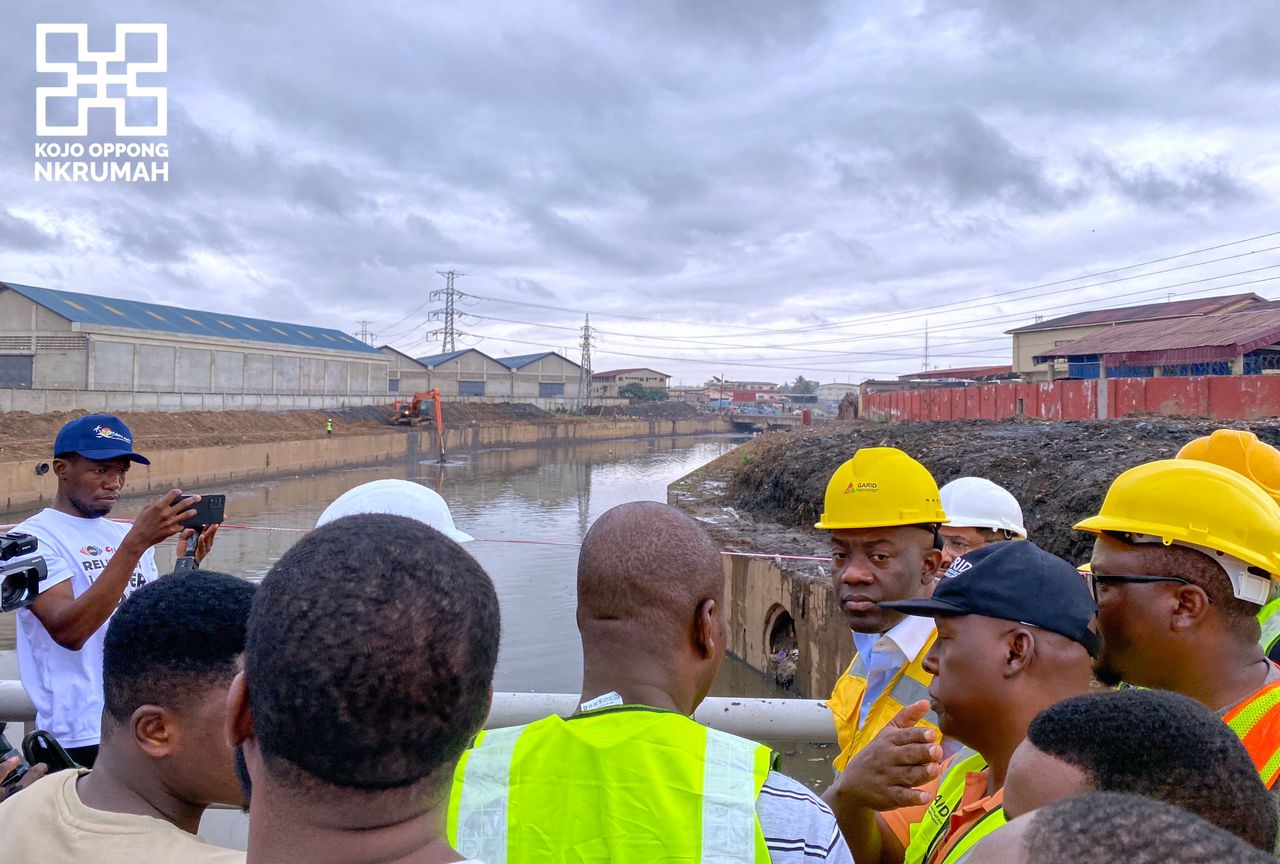
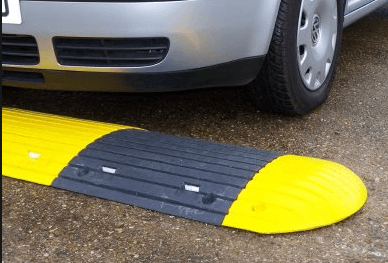

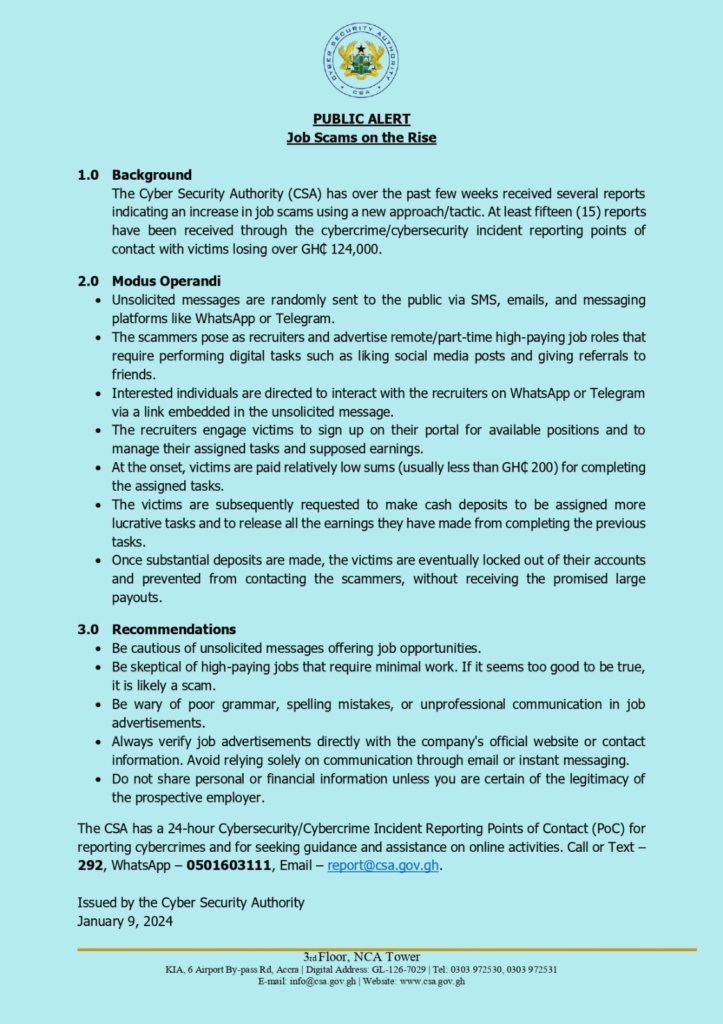
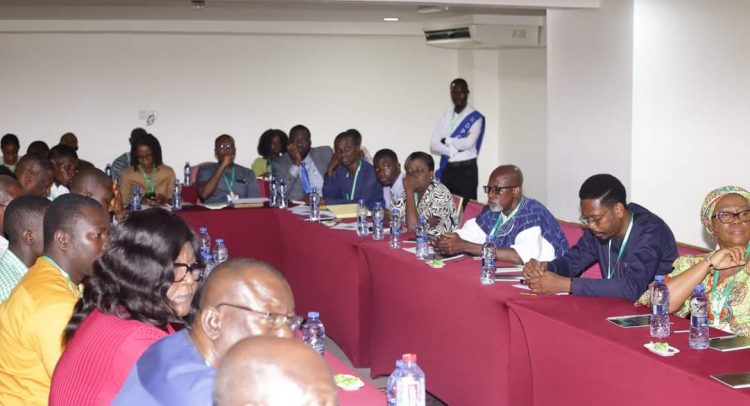
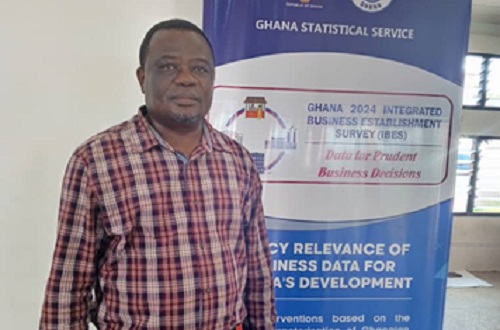















Facebook
Twitter
Pinterest
Instagram
Google+
YouTube
LinkedIn
RSS